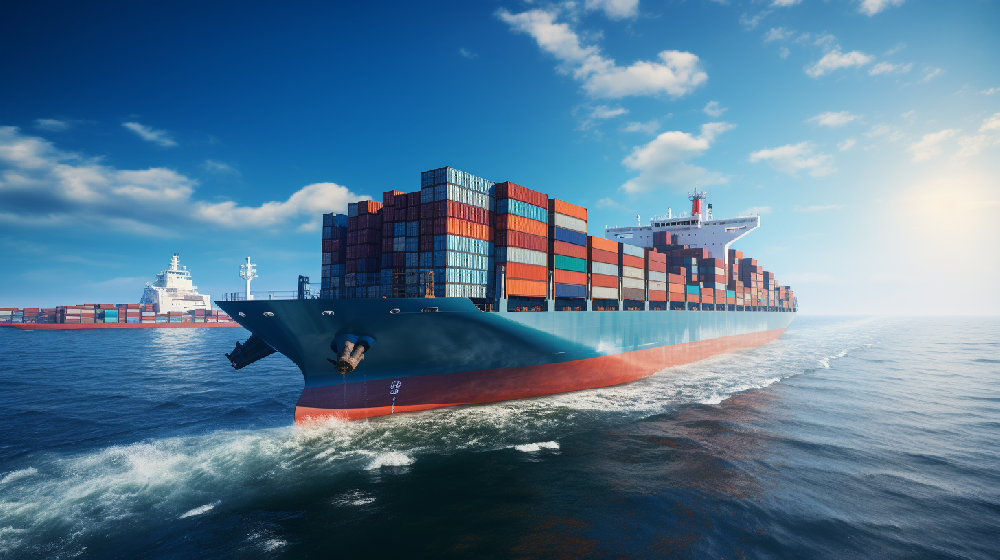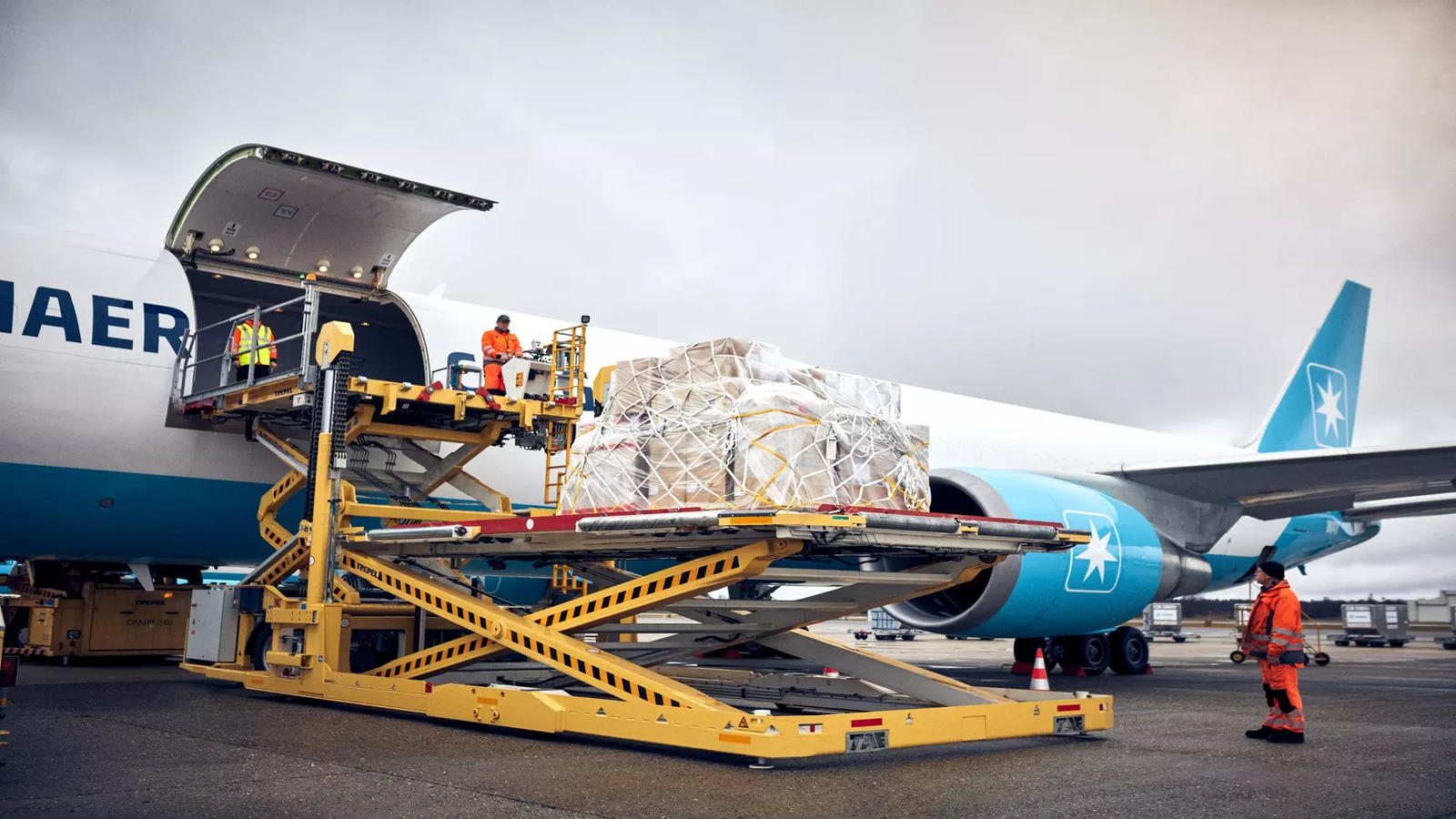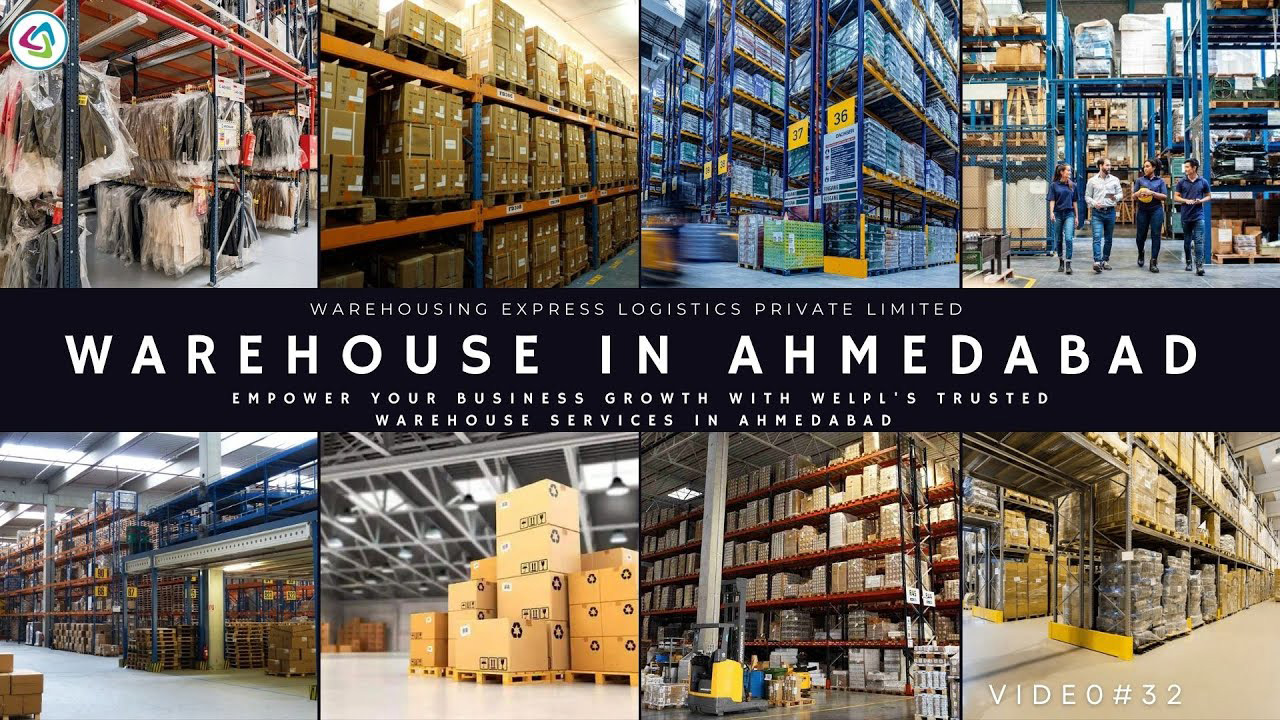Ocean Freight Services
Ocean Freight Services offer reliable, cost-effective transportation of large volumes of goods across the world’s oceans, with options for different container sizes, flexible schedules, and comprehensive tracking and support for seamless global trade.
Ocean Freight From China
International Ocean Freight (FCL · LCL)
International Ocean Freight (FCL · LCL) provides reliable and efficient global shipping solutions, whether it’s for full container load (FCL) shipments offering security and economy for large volumes or less than container load (LCL) options for smaller shipments with convenient consolidation and distribution services.

One-Stop Nationwide Service
One-Stop Nationwide Service offers comprehensive, integrated solutions that handle all aspects of a task or process, from initial consultation and planning to execution and after-sales support, accessible across the entire country with convenience and efficiency.

Shipping time from China to other countries
Estimated Transit Time (ETT) is the time between the Estimated Time of Departure from origin (ETD) and the Estimated Time of Arrival at the destination (ETA).
As for sea cargo transportation out of China, there’s only a very rough idea showing below.
| Region | How long |
|---|---|
| USA & Canada (West) | 20 days |
| USA & Canada (Eest) | 30 days |
| Western Europe | 25 days |
| Northern Europe | 30 days |
| Southern Europe | 27 days |
| Australia | 15 days |
| India | 15 days |
| Southeast Asia | 9 days |
| Eastern Africa | 30 days |
| Western Africa | 40 days |
| Japan | 3 days |
| South Korea | 4 days |
| South America (East) | 30 days |
| South America (West) | 45 days |
Advantages of Ocean Freight
Ocean freight provides a cost-effective way to transport large quantities of goods over long distances with relatively stable schedules, various container options, and is suitable for a wide range of cargo types, facilitating global trade and logistics.
Speed
It is by far the fastest mode of transportation for long distances. You can reach destinations on the other side of the world in a matter of hours.

Global Reach
Air transport connects almost every major city and country in the world. No matter where you are or where you want to go, there is likely an air route available.

Reliability
Airlines operate on strict schedules, providing a high degree of reliability. You can plan your trips or shipments with confidence, knowing that there is a good chance of the flight departing and arriving on time.

Safety
The aviation industry has stringent safety standards and regulations. Airlines invest heavily in safety equipment, training, and maintenance to ensure the safety of passengers and crew.

Capacity
Large cargo aircraft can carry significant amounts of freight. This is essential for transporting high-value and perishable goods, as well as for meeting the demands of global supply chains.

Wide Coverage
It can reach destinations all over the world, including remote areas. This wide coverage enables it to meet a variety of international trade and logistics needs.
More Shipping Options
Air Freight offers rapid and efficient transportation of goods via airplanes, ensuring speedy delivery across long distances, ideal for time-sensitive shipments with advanced tracking and handling services for global trade.
Our warehouse service advantages lie in prime locations near transportation hubs, advanced security systems ensuring goods safety, and a state – of – the – art inventory management system for accurate item tracking.
Our door to door service advantage lies in providing seamless, convenient transportation from origin to destination with enhanced reliability, efficient tracking, and personalized delivery options for ultimate customer satisfaction.
Customer Review
Explore honest customer reviews of Jing Logistics. to see why they’re a trusted leader in freight and logistics services.






Frequently Asked Questions About Ocean Freight
FCL or Full Container Load is a standard set by the ISO (International Organisation for Standardisation) which refers to one 20 or 40ft container filled with cargo. A shipper uses up the space of the entire container.
LCL or Less than Container Load refers to a shipment that doesn’t fill one 20 or 40ft standard container. In the case of LCL, several shippers load their cargo into a single container. While LCL is the cheaper option for small shipments, it costs more money per unit of freight as compared to FCL.
IHC stands for Inland Haulage Charges and refers to the transportation charge incurred due to transportation of containers from inland container freight station to the port of loading and vice versa. When the port of loading is away from the cargo freight station, the shipper has to make arrangements for moving the cargo from the freight station to the port either by road or rail. In this case, custom formalities are completed at the freight station.
If the goods are moved by rail, then Inland Haulage Charges refer to the charge of transporting goods from such location to the concerned seaport. IHC is collected by the shipping line when it generates the bill of lading for export shipments. In case of import orders, it’s released at the time of issuing a delivery order.
An ocean carrier that moves cargo under its own House Bill of Lading or an equivalent document and does not operate the vessels by which ocean transportation is provided is called a Non-Vessel Operating Common Carrier (NVOCC).
| Freight forwarders | NVOCC |
|---|---|
| Freight forwarders provide consultancy services and help the shipper with customs-related documentation, booking space with carriers, arranging for other transportation services, warehousing, etc. | An NVOCC offers ocean carrier services and issues their bill of lading. Their services are related to ocean shipping and they act as the shipper to the carrier and the carrier to the shipper. |
| A freight forwarder may not be an NVOCC. | An NVOCC can also be a freight forwarder. |
| Freight forwarders usually don’t own or operate their containers. | In several cases, an NVOCC owns and operates its containers. |
| A shipper or an importer/a customer ‘appoints’ a freight forwarder to ‘act as their agent.’ | A shipper or an importer/ a customer ’employs the services’ of an NVOCC as one of their ‘service providers’. It is crucial to note that the NVOCC is not an agent in this case but instead provides services as a carrier or those of a shipping line. |
| Detention charges | Demurrage charges |
|---|---|
| Detention charges are levied by the shipping line to the importer when the importer takes a full container for unpacking and fails to return the empty container to the concerned empty depot before the permitted line free days expire. | Demurrage charges are levied by the shipping line to the importer when the importer fails to take delivery of a full container and move it out of the port premises for unpacking within the stipulated line free days. |
Port free days refers to the number of days for which a port allows the importer to keep the containers in the port area for free. Once the limit of port free days is exceeded, the port storage charges published in the port tariff are applied.
On the other hand, line-free days is the number of days the shipping line gives to the customer to pick up a full container, take it to their facility for unpacking and return the empty container to the concerned shipping line. After the line free days, the shipping line imposes a charge for every extra day taken by the customer to return the container.
Here is an example to demonstrate how detention and demurrage charges are calculated:
A container is discharged off a ship on the 5th of December; the concerned importer takes the release of the cargo from the port on 15th December. He returns the empty container to the concerned depot on 22nd December.
Let’s assume:
- Demurrage free days offered by the shipping line = 7 days
- Detention free days offered by the shipping line = 10 days
- Free days at port = 3 days
In this case, here’s how the demurrage charge will be calculated:
On the 15th of December, the container would have been in the port for a total of 11 days. In the above-mentioned scenario, line-free days for demurrage will expire on the 11th of December.
11 days dwell time – 7 free days = 4 days more than the allowed limit
Hence, the shipping line will charge the consignee a demurrage charge for 4 days from 12th to 15th December.
Here’s how detention charge will be calculated:
The full container moves out of port on the 15th and let’s assume that the consignee returns the empty container of on the 22nd of December.
- Detention free days = 10 days so the container can be returned till the 24th of December. But as the consignee returned the empty container on the 22nd of December, detention charges won’t be applied.
Majority of businesses across the globe rely on the ocean for moving their goods internationally. Ocean shipment is known to be a cheaper option as compared to air shipment. Here is a list of some of the factors that determine or influence the ocean freight rates:
- The ability of the shipper to negotiate rates with the freight forwarder/carrier
- Bunker fluctuations
- Seasons
- Service charges levied by the stakeholders involved
- Fluctuations in currency
- Costs involved in handling and clearing goods at the port of loading and port of destination.
- Whether a shipment requires a dedicated Full Container Loading (FCL) or it’s small enough to be consolidated with other cargo that is Less than Container Load (LCL)
As the name implies port charges refer to the charges levied by port authorities on the containers it handles. Some of the port charges involved in container shipments are as follows:
Terminal Handling Charge (THC)
Terminal Handling Charge is levied by ports for loading and discharging of a container from the ship. It is charged by both the port of loading as well as the port of discharge. THC varies from port to port and terminal to terminal across the world. It is also paid to transhipment ports if there’s a transhipment along the route. However, for transhipment ports, THC is paid directly to the port by the shipping line. It is usually included in the ocean freight charges paid by the shipper to the shipping line in advance.
Early Arrival Charge
At times containers arrive at the port even before the stacks into which it is to be taken has opened, in this case, the port levies the early arrival charge. It is usually at the discretion of the port operator to decide whether or not to accept containers that arrive early.
Late Arrival Charge
At times containers arrive at the port after the stacks into which it is to be taken has been closed, in this case, the port levies the late arrival charge.
Shifting charges
Sometimes situations arise under which the destination of a port gets changed or the ship in which it is to be sent gets changed or the container requires an inspection. In such cases, the container needs to be shifted around within the stacks and the charges levied on it are called shifting charges.
Amendment/Cancellation charges
It refers to the charges levied by the port for cancelling or amending any document lodged with them.
Shipping goods is quite a complex process and an integral part of this process is dealing with a wide range of taxes involved. Taxes are mandatory financial obligations levied by governing authorities on goods and services, income, etc.
Following is a list of some of the common taxes levied on goods:
- VAT – Value Added Tax
- Import Duty
- GST (Goods and Services Tax)
Other common taxes that are charged by customs include:
- Excise duty (usually levied on fuel, alcohol, tobacco)
- Environmental tax
- Consumption tax on luxury goods
- Clearance/entry fees
Why Choose Us
We find delight in providing comprehensive and professional freight forwarding services for easing you supply chain needs
Expertise and Experience
We have decades of experience in international freight shipping. Our team of professionals has successfully navigated complex logistical challenges, handling shipments to and from various countries.
Comprehensive Service Offerings
Our services cover a wide range of freight options, including air freight for time-sensitive shipments, ocean freight for large volumes, and land-based transportation for regional deliveries.
Reliable and Timely Delivery
We pride ourselves on our on-time delivery record. With a well-established network of carriers and partners, we can plan the most efficient shipping routes.
Competitive Pricing
We offer cost-effective shipping solutions without compromising on quality. Our strong relationships with shipping lines and airlines enable us to negotiate favorable rates.





